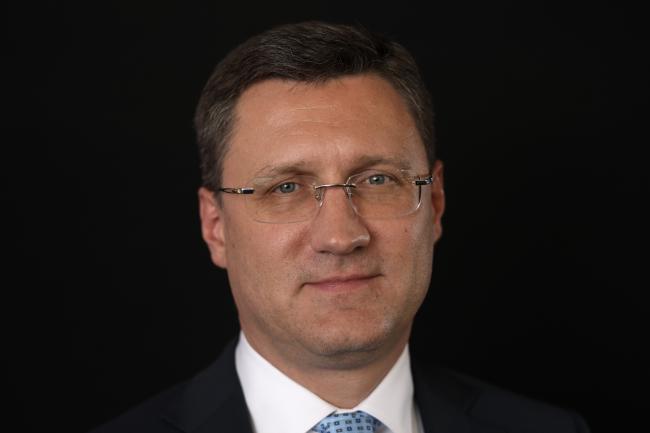(Bloomberg) -- Russia’s energy minister insisted the country and its allies in OPEC need to watch the oil market in the coming weeks before making any decisions to cut output.
“We need to see how the situation develops in November and early December to better understand both the current conditions and the winter outlook,” Alexander Novak said in Moscow on Monday. His refusal to join Saudi counterpart Khalid Al-Falih in calling for a broad production cut shows their different positions persist just weeks before a key OPEC+ summit in Vienna.
“We need to make a balanced decision, and so far there are no criteria for it,” Novak said. While producers did discuss potential output curbs at a meeting in Abu Dhabi earlier this month, they agreed to wait until their December summit before making any decision as more clarity on supply and demand is needed, he said.
A week ago, Al-Falih said the Organization of Petroleum Exporting Countries and its allies need to cut about 1 million barrels a day from October production levels, reversing about half the increase in output they made earlier this year. The Saudi pronouncement came as fears of supply shortages just a few months ago were supplanted by concerns about an emerging glut and collapsing prices.
Since Saudi Arabia and Russia are the two de facto leaders of the OPEC+ alliance, their differing stance suggests negotiations on Dec. 7 could prove difficult.
The Saudis need an oil price of $73.30 a barrel next year to balance the fiscal budget, according to the International Monetary Fund. That’s $6 higher than the current price of Brent crude. In Russia, the state budget is much less dependent on oil prices than it was when the country agreed to join OPEC-led efforts to rebalance the market back in 2016.
President Vladimir Putin said last week that a price around $70 “suits us completely.” Russia’s budget will balance next year even if prices for the country’s export blend drop as low as $40 a barrel, according to the Finance Ministry.
